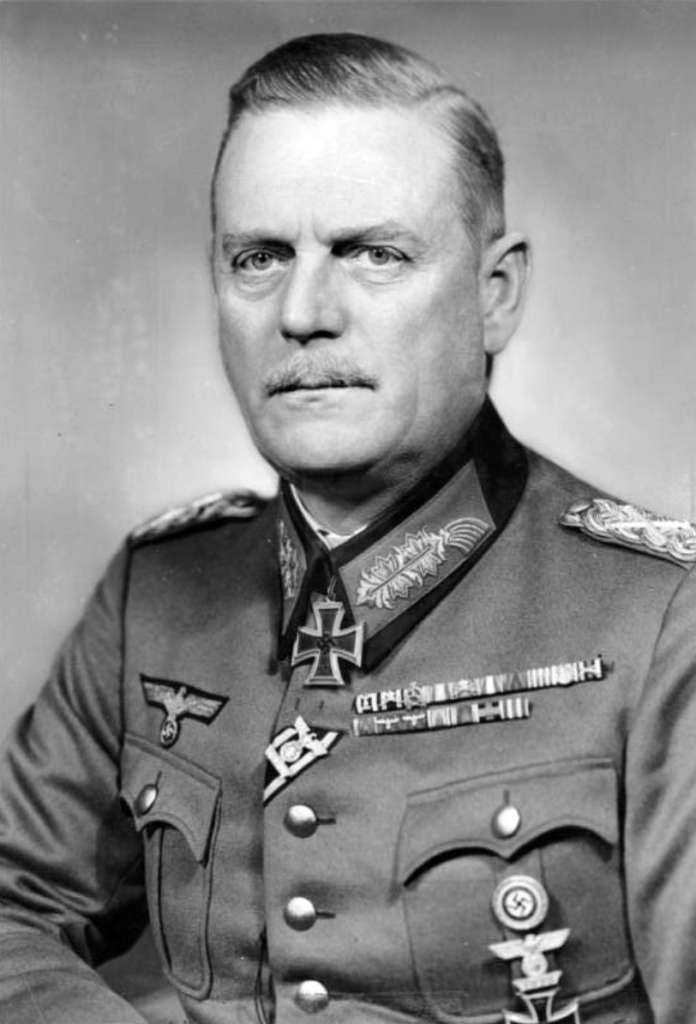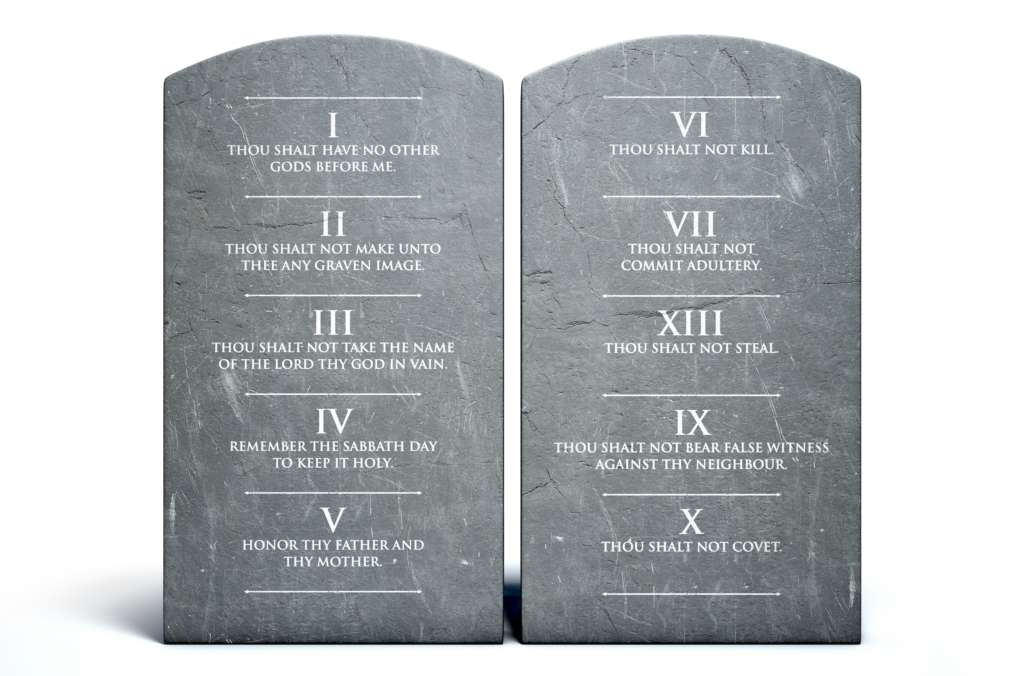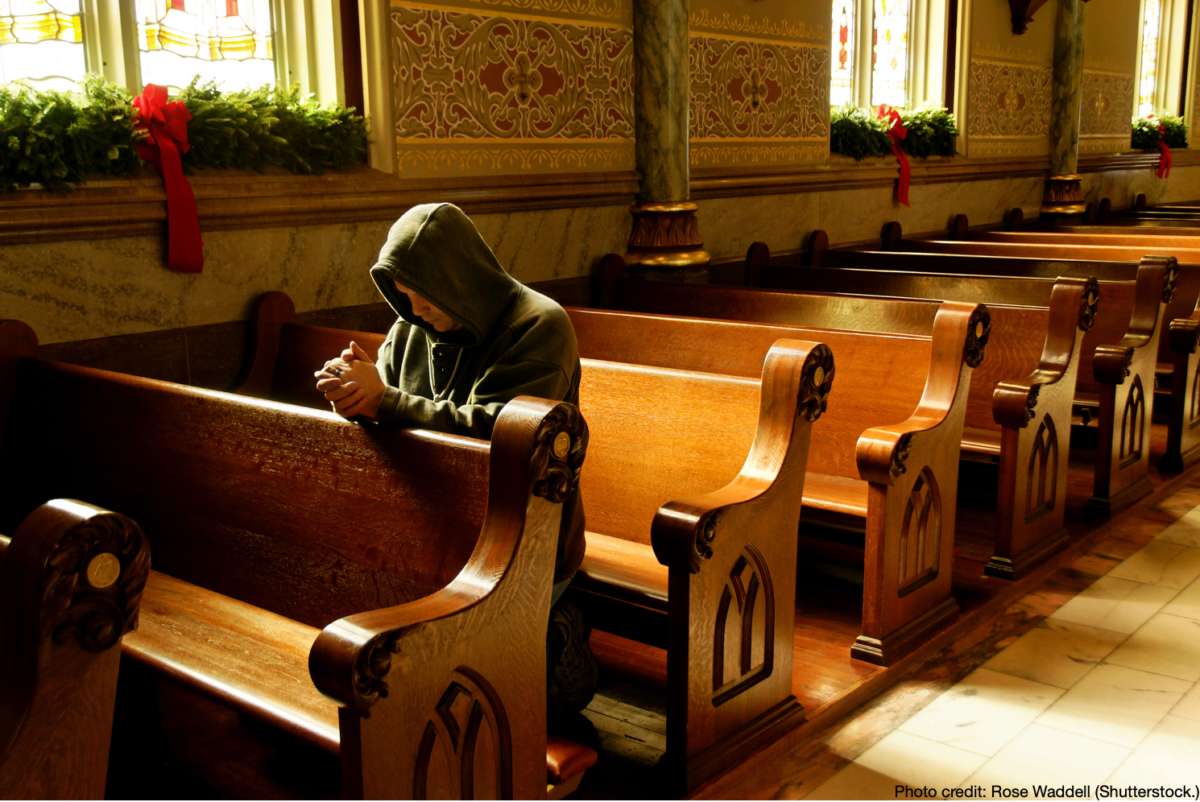We have all experienced fear of some sort at some point in our life. Maybe as a toddler we were briefly separated from our parent while at the market? Or, we were unprepared for an exam years later in school. We also feel fear when we break the rules in society for which there are consequences. Perhaps we felt fear while walking down a dark street or through a car park to our vehicle? I once felt fear around the age of ten when I was lost in the woods. I could not get my sense of direction as I wandered about in a giant field of thick shrubs which were taller than I. Some of us have phobias, or baseless fears. We fear ghosts, clowns, dogs or blood, or we’re fearful of being judged by others. But what about the fear of the Lord?
Even fearless people know fear. The largest mammal on earth is the blue whale. Imagine swimming in the ocean when a giant whale surfaces only meters from you. Even the best of swimmers would feel fear at the thought of the curious whale rolling playfully on its side (and on top of you), or accidentally and unknowingly hitting you with its fluke as it again submerges into the sea. But what can we know about the spiritual purpose of fear? Why did God give us this most unpleasant emotion? Well, we can gain some insight from Scripture. In fact, the Bible speaks of fear.
One of the most cited passages in the Bible is from I John 4:18. Here, the Apostle John writes: “There is no fear in love. But perfect love drives out fear, because fear has to do with punishment. The one who fears is not made perfect in love.” This is a beautiful, if sometimes misappropriated or misunderstood verse. Many people believe that John is negating fear, and that fear in the heart of the believer is somehow wrong. Based on this verse, a believer might surmise his love for God is not genuine or perhaps wanting in some way (else why the fear?)
But elsewhere in Scripture we’re ordered unequivocally to fear God, as in I Peter 2:17 where this apostle writes: “Fear God. Honor the king.” So, who should we believe, Peter or John? Should we fear God or not? How do we reconcile these verses?
My sense of God’s entire revealed Word is that we should fear God. We absolutely should fear Him because He is Sovereign and we are dust. In human history, people feared their monarch because he or she had life or death power over them, even as God has over us. They may love their monarch, but they should be mindful of their relationship to him. Respectful. And a little fearful as well. We as Christians should not fear that God will send us to Hell, because that is not the issue. We should fear God because He is righteous and we of ourselves have no righteousness. Because He is God.
We should fear God if we are walking in darkness, if we are grieving the Holy Spirit, if we are bearing false witness against others, lying, shedding innocent blood as the Nazis did, designing wicked schemes and so on (Proverbs 6:16-19.). These are activities that God hates (Proverbs 6:16.). Yes, the God of love can hate as well, for what is love without a correlate?
Wilhelm Keitel

Attribution: Bundesarchiv, Bild 183-H30220 / CC-BY-SA 3.0
Some people become aware of the grievous sins they have committed in their life as they wake up on their last day on this planet. Wilhelm Keitel was one such person, and as the date of his execution approached, he knew the fear of the Lord as well. When the allies rounded up the top Nazis such as Speer, Hess, Goering, Schacht and Streicher among others to put them on trial in Nuremburg after the war, the U.S. Army ordered a loyal American chaplain from Missouri named Henry Gerecke to be the chplain for the Nazis (those who declared themselves Protestant.) Gerecke was a Lutheran and was likely chosen because it was assumed that many of the German prisoners came from Lutheran families. So, each day for many months, Chaplain Gerecke put aside his personal feelings concerning the atrocities they participated in to visit to the prisoners. Some, like Goering, only saw Jesus as a “clever Jew” or a con man, but only hours before being executed, Field Marshall Keitel prayed for forgiveness with Gerecke at his side and asked God to accept his soul into heaven. Based on Keitel’s confession and the fact that Gerecke, who knew Keitel very well by then, was convinced that it was heartfelt (Keitel had nothing to gain by fakng it), Gerecke communed Keitel, a sacrament of grace which would brand Gerecke as a fool, a traitor to his country, and worse once he returned home to Missouri. He would be excoriated by fellow Americans by people who had not yet confessed their sins, and had not yet asked Jesus into their hearts. Gerecke would be vehemently criticised by rabbis who would note that Gerecke had no authority to assure Keitel of forgiveness, only those who Keitel offended could do that (and many were dead and could not.) There’s the rub.
Yet, like the U.S. Army Catholic chaplain, Gerecke was only following the lawful orders of his commander and the allied powers, even as the public defenders and executuoners and judges were. Keitel came to Christ because he knew we was about to face his Judge and his Maker because of the sins he committed, whether war crimes or his part in the Holocaust. Certainly he was fearful, yet he believed that Jesus’ death and resurrection could redeem anyone, even he. His hope conquered hs fear of rejection.

So, people do come to Christ out of fear sometimes. God’s law is set up not only in the Ten Commandments, but also in the four books that follow Genesis. When we realize what God demands of us, we also feel condemned and fearful of God’s judgment because we cannot possibly do what God requires. But the law is good because it shows us that we are not self sufficient. Paul says in Romans 7:7 “I would not have known what sin was had it not been for the law.” At that point, we fear God because we are lost. Proverbs 9:10 says that the “fear of the Lord is the beginning of wisdom: and the knowledge of the Holy One is understanding.” This fear of God’s judgment is the first step towards salvation. At this point, some people just shrug, others walk to the fridge for another beer. Some, however, seek a way to escape God’s wrath, and that escape is made possible by the cross. Eventually love replaces most of the fear as we learn of God’s love for us, and this is what John is saying. But I’m not sure John is saying that if you still have a tinge of fear from time to time, then you don’t love God.
Peter, himself, knew fear when he climbed out of a boat during a storm at sea, and sank once he realized the improbability of what he was doing. Later, he denied Jesus repeatedly after the Savior’s arrest, fearing arrest, himself.
The Coliseum
Many of the thousands of Christians killed in the arena in Rome and those less known venues in the provincial cities in Italy and North Africa during the first two or three centuries knew fear as lay chained in cages in the bleak holding areas under or around the Coliseum. There, they heard the hungry beasts roar at them, saliva dripping from the mouths of leopards and lions in anticipation of a feast, even as Pavlov’s dogs would someday drool. Eusebius, the church historian who likely lost friends in the arena, tells us that many martyrs were scared stiff as they waited for their name to be called to face the bears or bulls, or crucifixion, or some merciless gladiator. But Eusebius assures us that at the moment the martyr’s feet touched the sand of the arena, at the instance they passed from the darkened dungeons into the light, and previously muffled sound of the crowd pierced their ears, they understood that this was the hour of their death and at that point a peace fell on them. This was a peace that eluded them earlier, for John Newton tells us that “God saves dying grace for a dying hour.”
On July 2nd 1505 as Martin Luther walked down a dirt road in a lightning storm, a series of lightning bolts knocked him off his feet, temporarily blinded him and though he couldn’t see. But he could nevertheless smell burning hair (his hair.) Luther knew fear, and it led him to become a monk, which led him to become a believer, then a reformer. Fear of dying was the motivating factor here. This is also true for soldiers, because conventional wisdom assures us that there are no atheists in foxholes. How many thousands of British, Canadian, French and American soldiers undoubtedly offered a prayer for deliverance as they drifted off the coast of France in the morning fog on June 6, 1944? Or, perhaps Guadalcanal, or Iwo Jima?
Without fear, we can get too comfortable with God and lose perspective. We should see Him as our heavenly Father and even our best Friend. But we can never be his equal.
The Sum of all Fears
Today, we have fears of our own. We fear we may not have jobs in the coming recession, or that it might be a depression. We fear we might not be able to afford food, of if there will be food shortages. We fear that the coronavirus will return, or what will follow it. We fear war, and the potential for nuclear war because Russia will not let its neighbor live in peace, to go their own war. I’m not aware that God has provided these answers to anyone, so I cannot tell you what I do not know. I can tell you with absolute certainty that God loves you and wants you to come to him. He will adopt you into His forever family if you repent of your sins and believe that the Lord Jesus atoned for your sins on the Cross. If you open your heart to your Creator even as Peter did, as Luther did, as Keitel did, God will love you until Hell freezes over, and you’ll never walk alone. As David wrote in Psalm 48:14:
“For this God is our God for ever and ever;
he will be our guide even to the end.”
Psalm 48:14
The fear of the Lord then is a healthy emotion as we understand sin and reconcile ourselves to our Creator. Eventually, love for God will grow, but while “perfect love casts out fear,” we should never lose our perspective that God is God and we are nothing but dust except by His grace..



